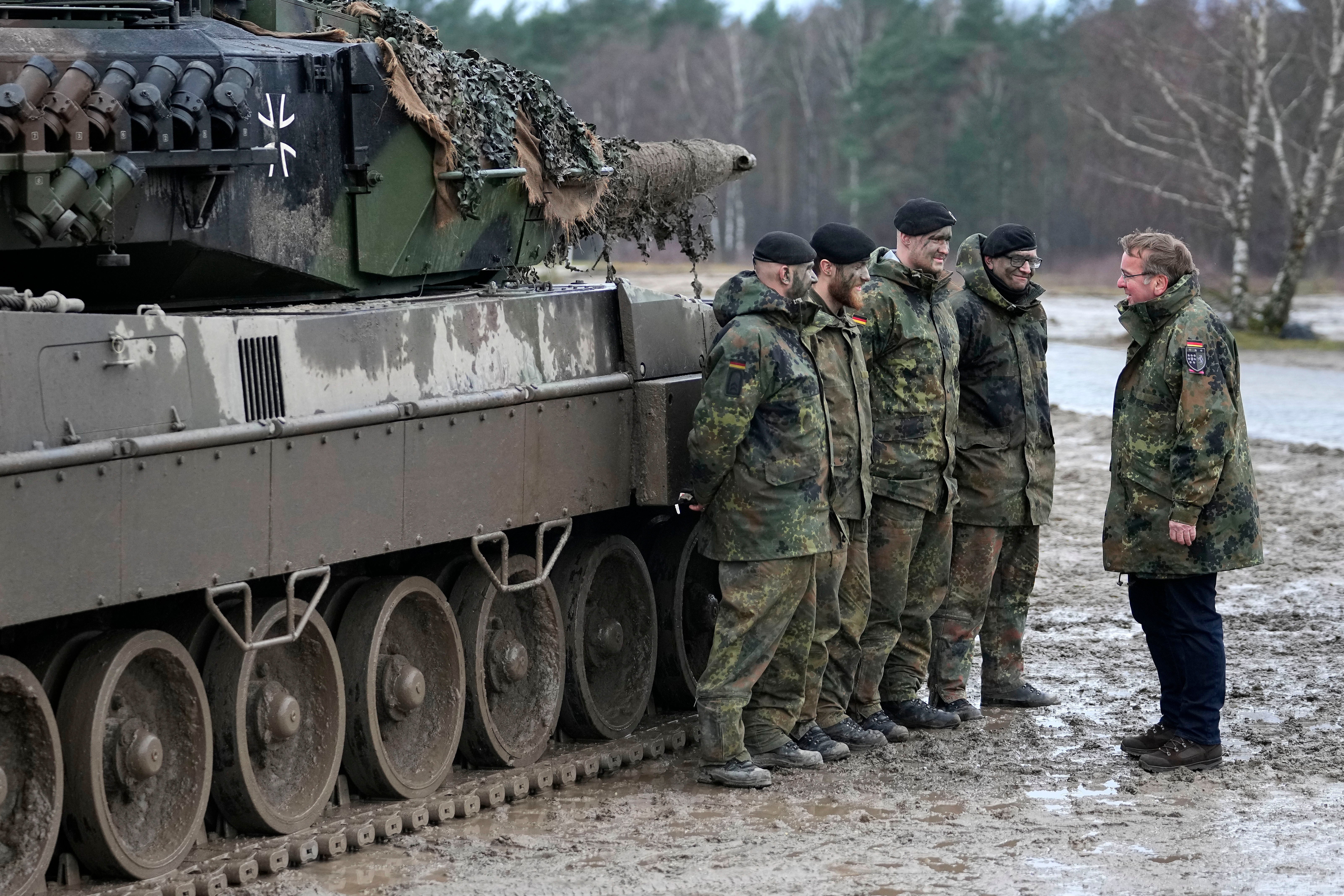Defense minister denies German military is 'a mess'
Germany’s defense minister has rejected suggestions that the country’s armed forces are in a state of disarray

Germany's defense minister rejected suggestions that the country's armed forces were in disarray, a response given Thursday after parliament’s commissioner for the military warned that troops have “too little of everything.”
Defense Minister Boris Pistorius, who took office two months ago after his predecessor resigned following a series of missteps, acknowledged “deficits in the military" but said "these aren't due to the military. Rather, they lie in the equipment and in a number of structures.”
“But the Bundeswehr is far from being a mess,” Pistorius told reporters while visiting a military base near the eastern town of Mahlwinkel.
The defense minister said efforts were being made to speed up procurement processes, which he hoped would be effective.
On Wednesday, the German parliament’s commissioner for the military, Eva Hoegl, criticized the slow pace of Germany’s drive to modernize its armed forces.
“The Bundeswehr has too little of everything, and even less since Feb. 24, (2022),” she said, referring to the date of Russia's invasion of Ukraine. Germany, along with other supporters of Ukraine, has provided Kyiv with substantial amounts of military aid, depleting its own weapons stocks in the process.
Asked about criticism that none of a 100 billion-euro special fund for the military that was established last year had been spent yet, Pistorius insisted the money would flow.
“About 30 billion euros of the special fund are (already) tied to contracts,” he said, adding that payment for arms procurement normally only occurs upon delivery, and fulfilling purchase orders can take months or years.
Bookmark popover
Removed from bookmarks